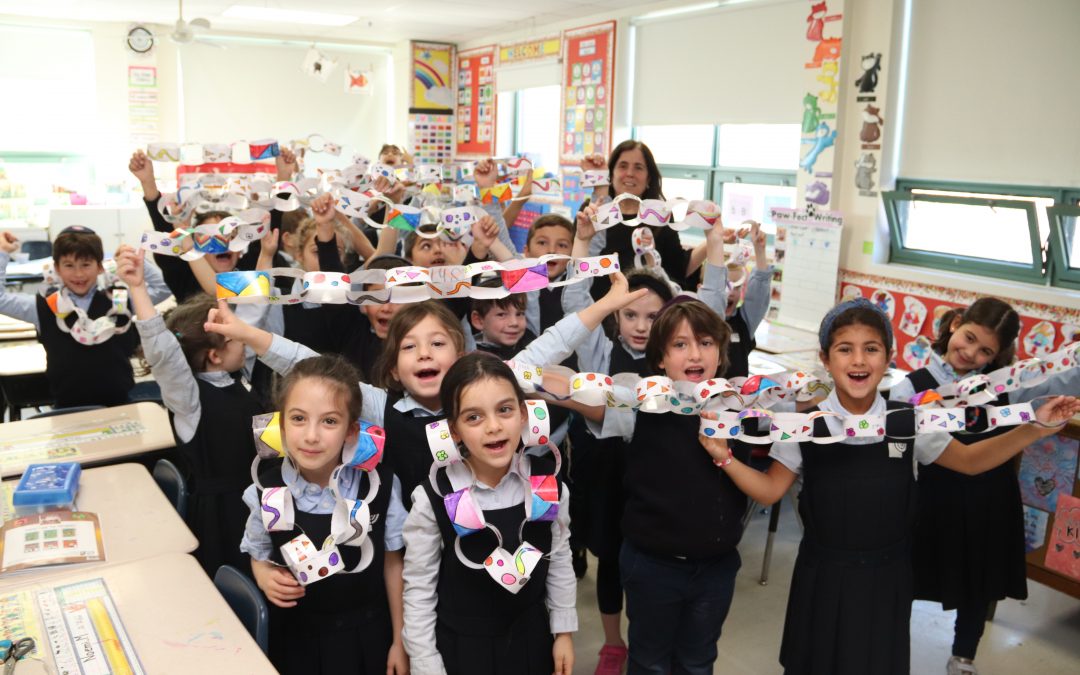Parashat V’zot Habracha concludes the five books of the Torah with an homage to Moshe Rabbenu saying that “there has never risen a prophet like Moshe” (Devarim 34:1). The Rambam states that though no one ever has or ever will reach Moshe’s level, everyone can be like Moshe. This apparent contradiction is actually a very profound message. The Lekach Tov explains that the Rambam is referring to the ability that each and every one of us has to maximize our God-given potential, just as Moshe did.
Before his passing, Moshe blesses each of the tribes, taking into account each of their unique strengths and gifts as well as their ultimate mission. Each blessing leads to a specific path for the future success of the tribes, and yet each is quite different from one another. Although jealousy may arise, Moshe is clearly laying out what is needed for the success of each individual tribe. Jealousy and competition are not the point. Although they were all members of Bnei Israel, they were all very different from one another with different destinies and missions to accomplish.
“Chanoch L’naar al pi Darko” (Mishlei 22:6) is one of our guiding principles at Hebrew Academy. Loosely translated to mean that each child should be educated in his own way. My grandmother used to tell me that it takes all kinds of flowers to make up God’s garden. Though I am sure that it sounded better in its original Romanian form, her meaning was clear. Everyone has a different role to play. We cannot all be doctors and lawyers, not everyone can be good at sports or a musical genius. Everyone has a unique gift. As parents and educators, it is our duty to help our children discover that unique gift and nurture it. Each child is a precious gem “in the rough” waiting to be chiseled and polished. And how to we do that? The answer is right there waiting for us.
The word Chinuch, often translated to mean “education” actually means “inauguration”, according to Rashi. The idea being that we should set the path of learning for our children. For us, that path begins with the Torah. In fact, one of the first songs that little children learn in preschool is “Torah tziva lanu Moshe-heh!” which comes directly from this week’s parasha –minus the interjection, of course. By providing our children with a solid framework and giving them their share of the blessing we are setting them up for success to be the best individuals they can be.
Shabbat Shalom and Chag Sameach,
Dr. Laura Segall
Head of School

